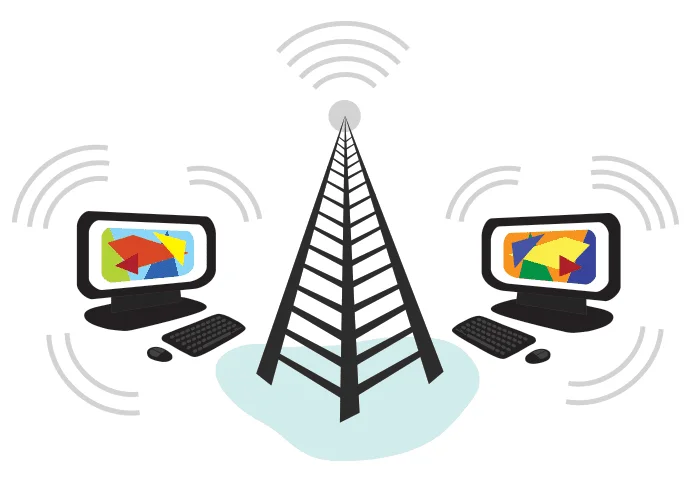The leaves are turning yellow, and the plants are struggling to grow. Thanks to his AI-powered farm app, which he installed on his phone, he can quickly identify the problem and take action.
“This is mainly about helping African farmers improve productivity by identifying crop diseases on their farms,” said Fanyui, a software engineer and co-founder of the Farmer Guide app.
While diagnosing farm issues using AI is possible in Buéa, this is not the case in nearby towns, where there is little to no internet and unreliable electricity.
In these remote villages, many farmers cannot benefit from Fanyui’s technology due to poor infrastructure.
This challenge—access to AI in remote parts of the continent—was a key topic at the International Government Communication Forum in Sharjah, United Arab Emirates. The meeting discussed the role of AI in communication between governments, citizens, and the media, and how it can be used to improve infrastructure development.
“When developing intelligence infrastructure, including networks, internet, devices, and electricity, it’s important to focus on what matters. Once these are in place, we can adapt AI tools. But how can you develop AI while still relying on 3G or 2G?” asked Dr. Mohamed Abdel Zaher, CEO of Artificial Intelligence Journalism for Research and Forecasting (AIJRF).
Africa’s digital infrastructure gap remains a huge issue, with around 900 million people still not connected to the internet, and about the same number lacking access to electricity.




















